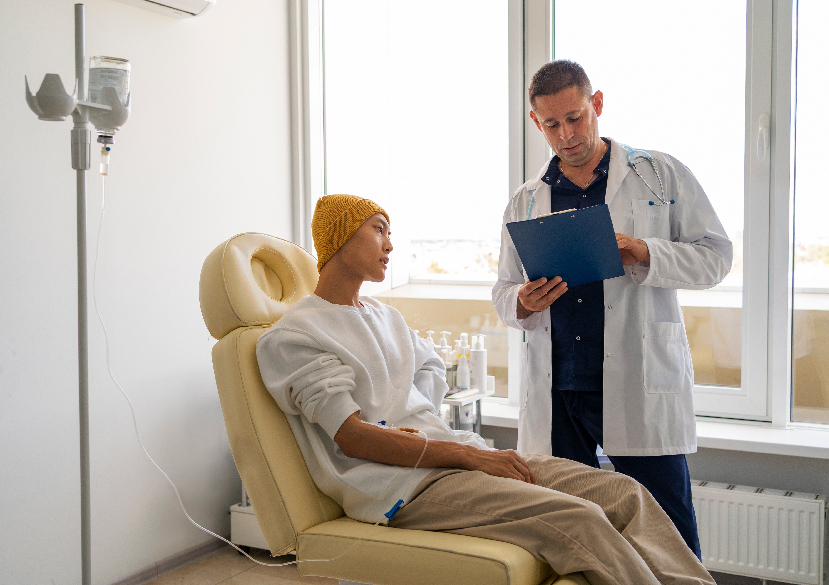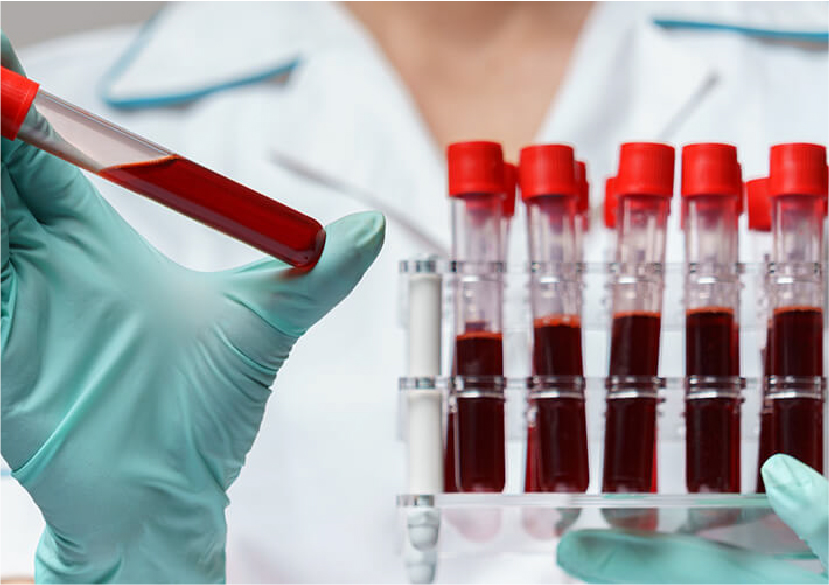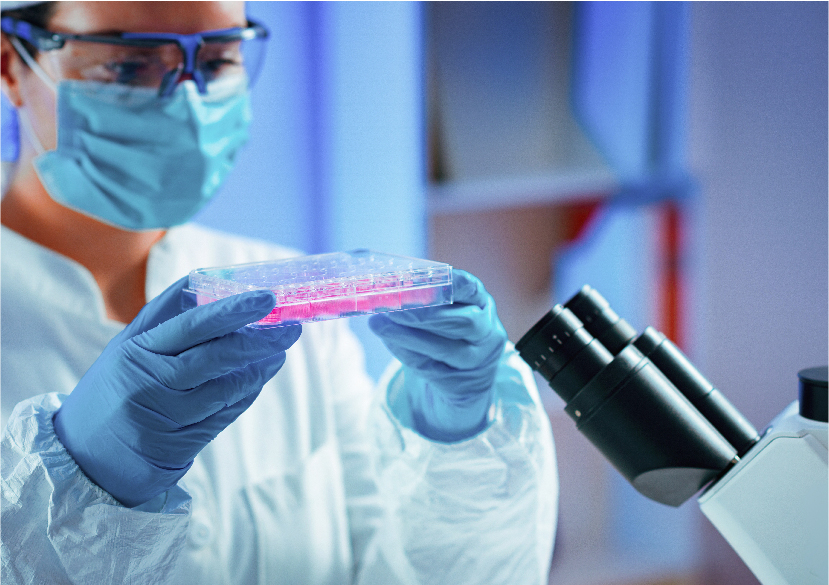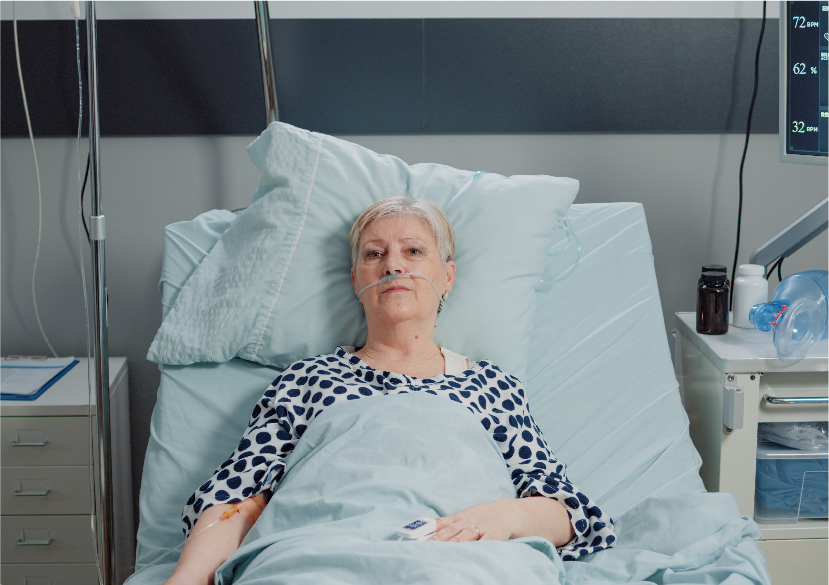Stem Cell Transplantation
Bilyana Health is a health tourism intermediary organization that brings together patients who choose Turkey for a healthier life with Turkey's leading clinics, hospitals, and doctors. Our professional team connects you with doctors specializing in bone marrow, stem cell, and cord blood transplantation and CAR-T cell therapy. We provide patients and their relatives with easy access to a wide range of services, including consultancy, transfer, accommodation, emotional support, and second medical opinions.

Autologous Stem Cell Transplantation

Allogeneic Stem Cell Transplantation

How are stem cells collected for bone marrow transplantation?

After Bone Marrow Transplantation



